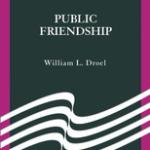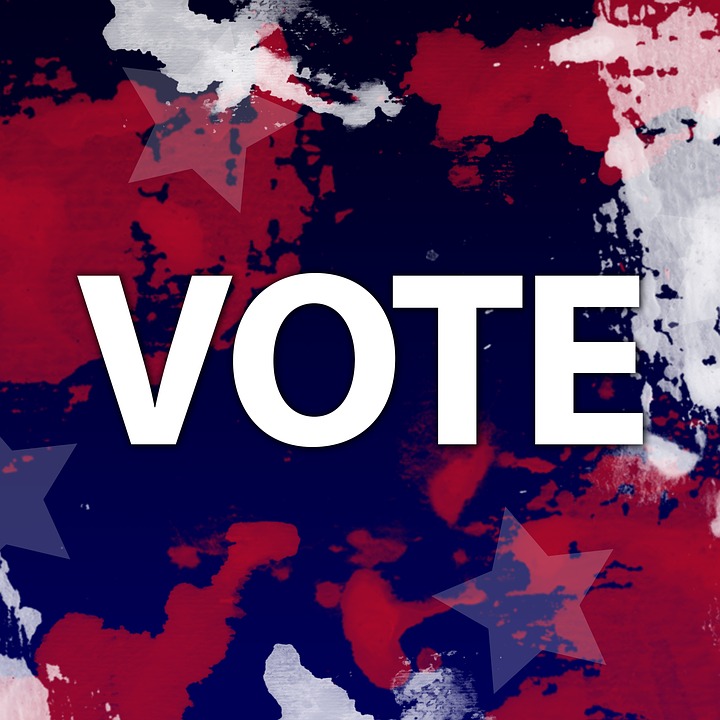Secular culture and the liturgical calendar cooperate to make Christmas an extended feast. It begins on Thanksgiving (November 28, 2019)—no sooner than that, please. It includes Advent, Christmas Eve, Christmas Day, New Year’s Eve, New Year’s Football Day, Epiphany, Baptism of the Lord and Super Bowl Sunday (February 2, 2020). Easter too is an extended feast, but only on the liturgical calendar. Next year it begins on Ash Wednesday, which is February 26, 2020 (according to the Latin Rite). It continues through Lent. It includes Easter Day (April 12, 2020 Latin or April 19, 2020 Eastern). According to popular religiosity and in a few neighborhoods like Buffalo’s Eastside, the extended feast includes Dyngus Day (www.dyngusday.com) on what is otherwise known as Easter Monday. The Easter feast concludes with Pentecost (May 31, 2020).
We are still within the 2019 Easter feast; until Pentecost on June 9, 2019. There is time to reflect on Easter’s main theme, on hope. In common use the word hope means fond wish. For example, “I hope my boss gets lost” or “I hope this is the winning lotto ticket.” But hope can go beyond wishful thinking.
Vaclav Havel (1936-2011), a playwright and the first president of Czech Republic, had reason to be discouraged during his imprisonment under communism. But Havel maintained hope because he understood it profoundly. “Hope is not prognostication. It is an orientation of the spirit, an orientation of the heart,” he says in Disturbing the Peace (Penguin Random House, 1990; $16). Hope “transcends the world that is immediately experienced. [It] is anchored somewhere beyond its horizon… Hope is definitely not the same thing as optimism. It is not the conviction that something will turn out well, but the certainty that something makes sense regardless of how it turns out.”
Try that for the next couple of weeks, for the remainder of this year. Hope is surety and certainty in the face of all the unpredictability of life.
Near the end of a funeral the word hope is paired with certainty in the phrase: “…in sure and certain hope of the resurrection…” It is for certain. It is not a probability or a maybe. We don’t know how things will turn out. Be honest. But in faith we can be certain that our decisions make sense. Belief in resurrection is reasonable. It is well-founded. How will it all turn out? Who really knows? But we hope in resurrection with surety and certainty.
Droel’s booklet Monday Eucharist is distributed by National Center for the Laity (PO Box 291102, Chicago, IL 60629; $7)










